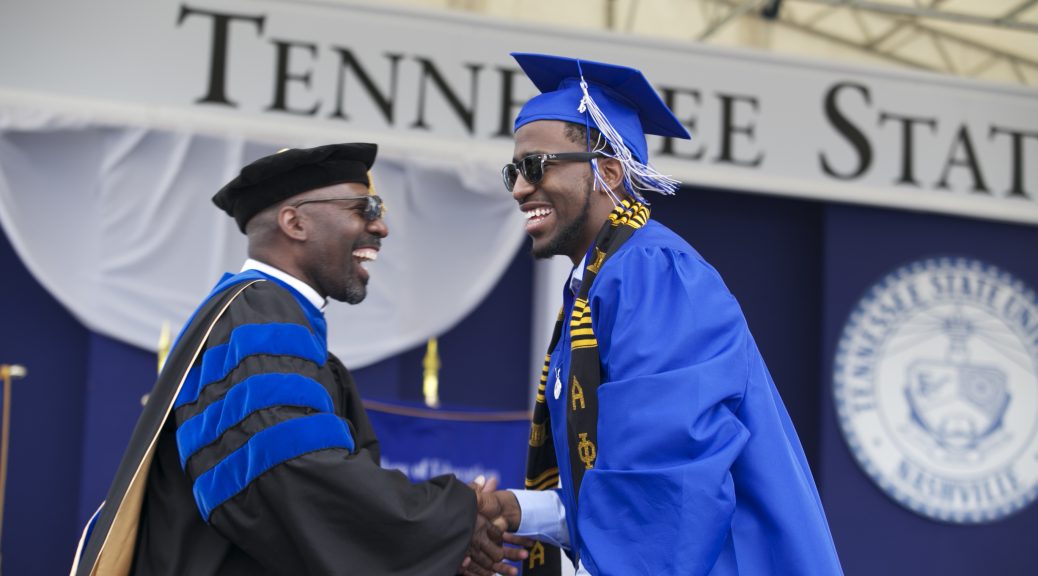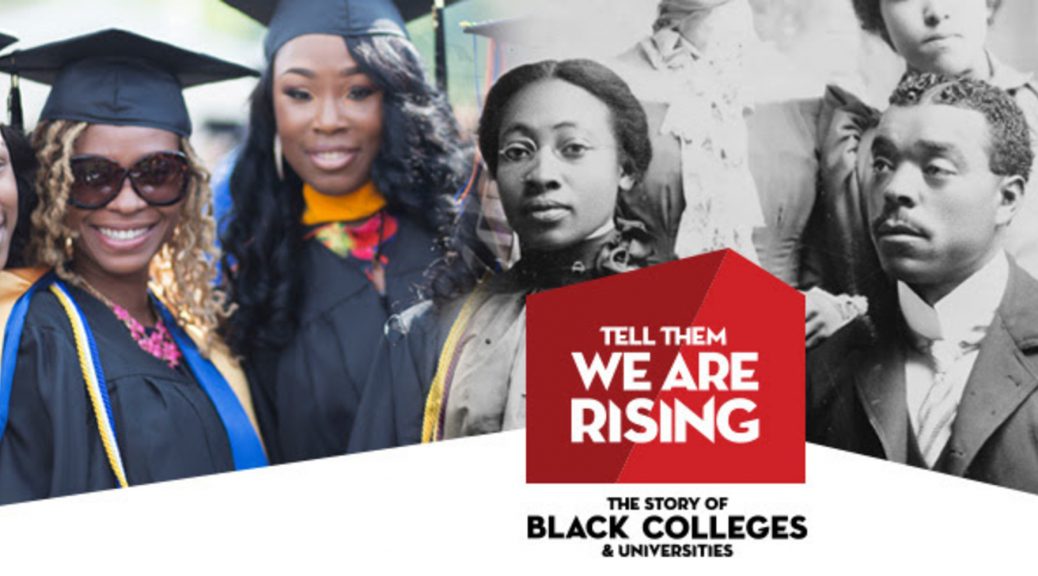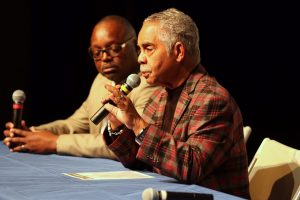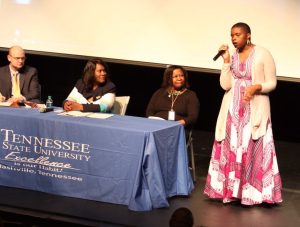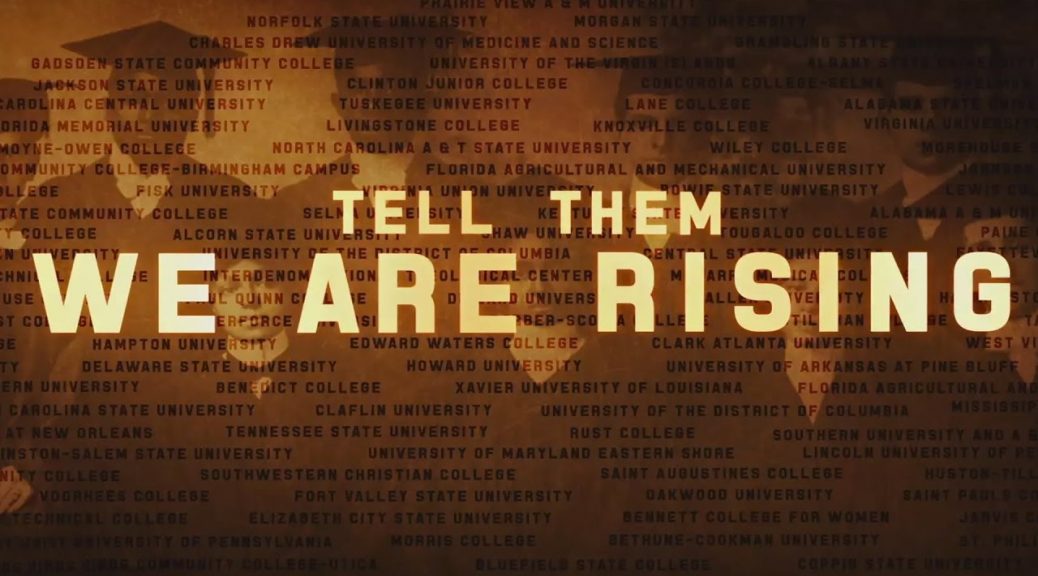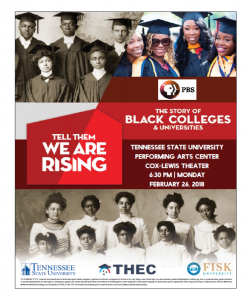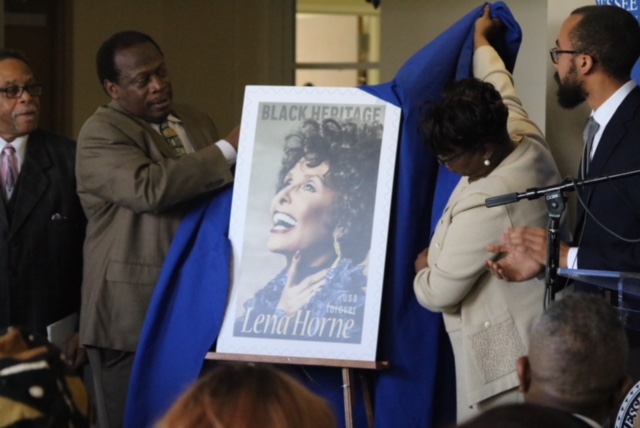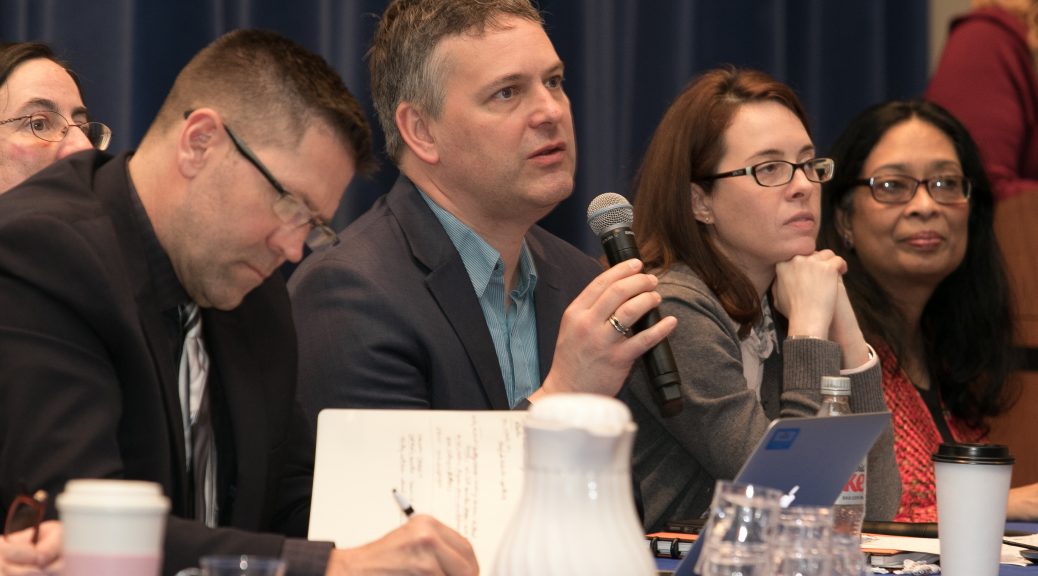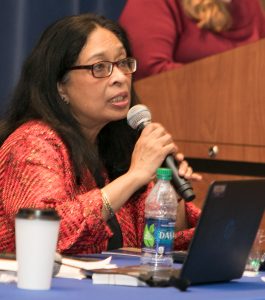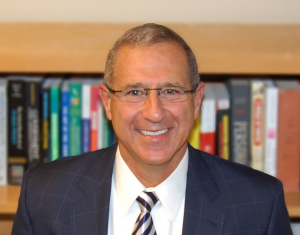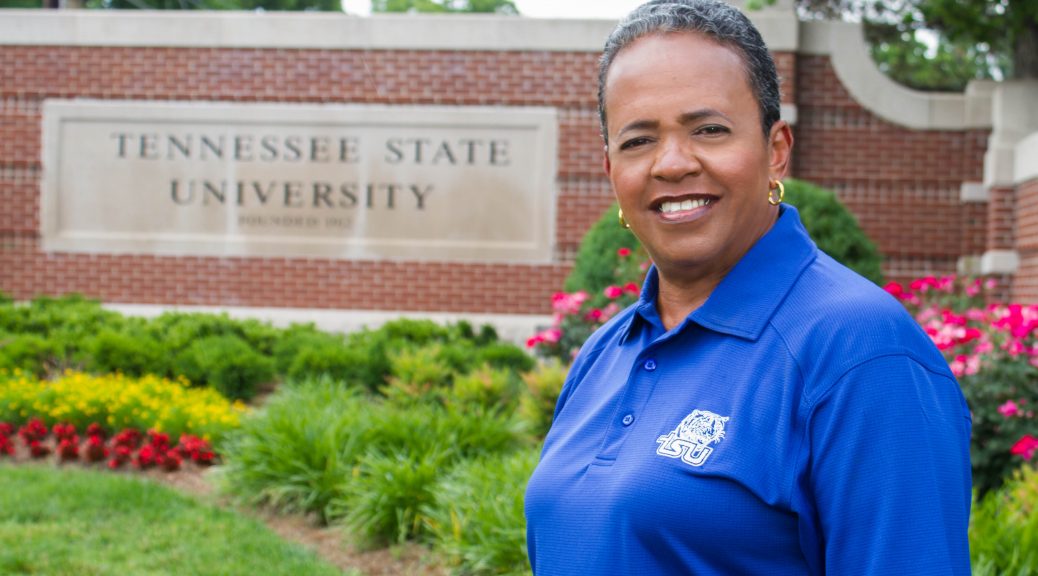NASHVILLE, Tenn. (TSU News Service) – Dr. S. Keith Hargrove, Tennessee State University dean of the College of Engineering, will receive the Ivory Dome Award at the 14th Annual Information Technology Senior Management Forum (ITSMF) Technology Achievement Awards ceremony on March 9 in Dallas.
According to ITSMF President and CEO Viola Maxwell-Thompson, Hargrove’s commitment to developing tomorrow’s STEM leaders is in alignment with the organization’s mission of “increasing the representation of black professionals at senior levels in technology, to impact organizational innovation and growth.” She said the Ivory Dome Award is given to an individual focused on increasing the number of students in the STEM discipline.
“Dr. Hargrove won all of the support of the committee,” Maxwell-Thompson said. “We were so impressed with his achievements at TSU and how he has inspired and educated hundreds of students there as well as other areas within Tennessee where he has interacted with not only college students, but K-12 schools as well.”
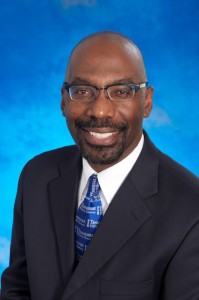
Hargrove, who earned his BS degree in mechanical engineering from TSU, immediately pursued his MS degree as a National GEM Consortium Fellow at Missouri University of Science and Technology. He later secured his Ph.D. from the University of Iowa.
“I am honored to received this award. It is a result of the hard work of the faculty and staff of the College of Engineering at Tennessee State University, and the partnerships we have with industries like Lockheed Martin, Boeing, and K-12 Education to promote STEM careers,” he said. “This award reflects the support of TSU and our commitment to expanding the workforce in STEM and the dedication of TSU leadership and the quality of the students in our program.
As a recipient of the Ivory Dome Award, Maxwell-Thompson said Hargrove will be an honorary member of ITSMF for one year, which will enable him to attend the organization’s symposium, network with other STEM professionals and mentor within the organization.
“We just want him to feel proud that he is being recognized in yet another way, considering the fact that he has tons of accolades and recognitions,” Maxwell-Thompson said. “This organization wants to also add to that list of recognizing an individual who is so incredibly passionate about the youth and tomorrow’s leaders.”
Hargrove said pursuing a career in STEM, obtaining advanced degrees and becoming a college professor were a result of the advice and mentoring he received from the TSU faculty while he was an undergraduate student.
“Seven out of the top 10 best jobs are STEM-related. My role as Dean is to insure they are completing an academic program that prepares them to be technically competent and have the leadership skills to have successful careers,” he said. “My engagement with my own students and with our partnerships with high schools, help promote careers in STEM and encourage them to seek occupations in this area. In most instances in K12 education, it’s about exposure and awareness. The College of Engineering is committed to both.”
In addition to mentoring and educating students at TSU, Hargrove serves as a founding board member of STEM Preparatory Academy in Nashville, Tennessee. He also serves on the advisory STEM boards of several local K-12 schools.
Dr. Kimberly Gold, a cybersecurity engineer for the U.S. Navy, said Hargrove is the reason she has a Ph.D.

“He is my mentor. He promotes rigor, excellence and he never turns his back on his students,” she said. “He’s someone they can count on. I was actually the first African-American female to graduate with a Ph.D. in computer and information systems engineering, and I could not have done that without him.”
Gold said Hargrove teaches his students to never come to him with complaints, but with solutions. She said his mentorship and the nurturing environment at TSU played a key role in her success.
“When I got to the Navy, we were less than maybe 8 percent of the population on our base so a lot of times people doubted my abilities because they were not familiar with working with people of color,” she said. “Hargrove would have these closed door sessions where he would teach us how to maneuver through systems that were not created for us to excel. So that is why I say he is more than just a mentor. He is also a friend.”
Maxwell-Thompson said she hopes honoring Hargrove will lead to future collaborations between ITSMF and Tennessee State University.
“We look at the number of students who are majoring in the technology piece of STEM, and we know that there are so many opportunities in technology that will present themselves by the year 2025, and we want to make sure that there are a good representation of black students that are ready to take on those roles.”
Founded in 1996, ITSMF is the only national organization dedicated exclusively to cultivating executive-level talent among black technology professionals. Their members hail from Fortune 500 companies, governmental agencies, technology businesses and academia. This annual event attracts top-notch technology industry leaders and has historically been hosted by companies like Bank of America, Lowes, Hewlett-Packard, PepsiCo and Lockheed Martin.
Department of Media Relations
Tennessee State University
3500 John Merritt Boulevard
Nashville, Tennessee 37209
615.963.5331
About Tennessee State University
With more than 8,000 students, Tennessee State University is Nashville’s only public university, and is a comprehensive, urban, co-educational, land-grant university offering 38 bachelor’s degree programs, 25 master’s degree programs and seven doctoral degrees. TSU has earned a top 20 ranking for Historically Black Colleges and Universities according to U.S. News and World Report, and rated as one of the top universities in the country by Washington Monthly for social mobility, research and community service. Founded in 1912, Tennessee State University celebrated 100 years in Nashville during 2012. Visit the University online at tnstate.edu.
